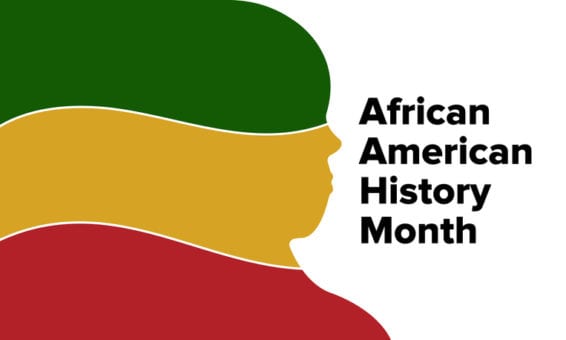Black History Month, celebrated in February each year, is a time to recognize the central role African Americans have played in the United States in both the past and the present and to recognize and celebrate their achievements.
Mental illness affects one in four Americans. However, African Americans are disproportionately more likely to experience mental health issues and social stigma. Historical adversity, which includes slavery, sharecropping and race-based exclusion from health, educational, social and economic resources, translates into socioeconomic disparities experienced by African Americans today. African American mental health statistics show that socioeconomic status, in turn, is linked to mental health. People who are impoverished, homeless, incarcerated or have substance use problems are at higher risk for poor mental health.
Barriers to Mental Health Treatment for African Americans
Mental health conditions do not discriminate based on race, color, gender or identity. Anyone can experience the challenges of mental illness regardless of their background. However, background and identity can make access to mental health treatment much more difficult. Ongoing stigma and lack of access to health care act as barriers for anyone with a mental health condition, but experts argue there is a particular disparity when it comes to minorities, especially African Americans, which can contribute to individuals not receiving proper support or treatment to feel better.
According to SAMHSA’s 2018 National Survey on Drug Use and Health:
-
- 16% (4.8 million) of Black and African American people reported having a mental illness, and 22.4% of those (1.1 million people) reported a serious mental illness.
- Serious mental illness (SMI) rose among all ages of Black and African American people between 2008 and 2018.
- Despite rates being less than the overall U.S. population, major depressive episodes increased from 9% to 10.3% in Black and African American youth ages 12 to 17, 6.1% to 9.4% in young adults 18 to 25 and 5.7% to 6.3% in the 26 to 49 age range between 2015 and 2018.
- Suicidal thoughts, plans and attempts are also rising among Black and African American young adults.
- Binge drinking, smoking (cigarettes and marijuana), illicit drug use and prescription pain reliever misuse are more frequent among Black and African American adults with mental illnesses.
Breaking Down Barriers to Mental Health Treatment
Every month of the year we should be working to break down barriers to eliminate the stigma associated with mental health. African Americans should have unlimited access to mental health, eating disorder and substance abuse resources and care, regardless of their social or financial status. It starts from the bottom up, meaning that this is a grassroots issue. Additionally, there needs to be an increase in the number of African American mental health professionals and greater cultural competency in those currently in the field and an increased in education in the faith communities about the role of professional mental health treatments and how they can work together.
If you or a loved one is seeking treatment for mental health, Discovery Mood & Anxiety Program is here to help. Contact us today.
More from Discovery Mood & Anxiety Program:
